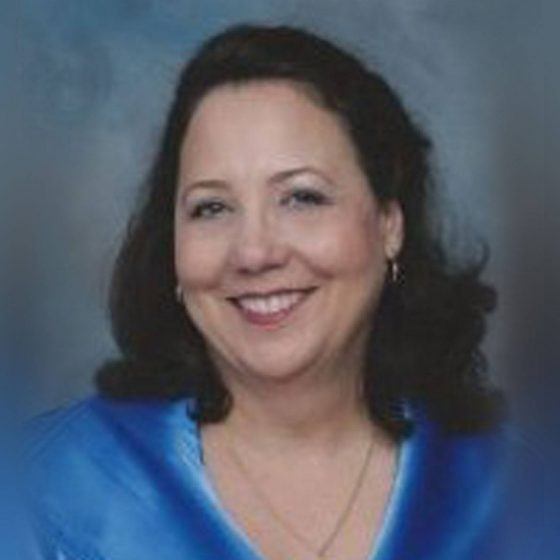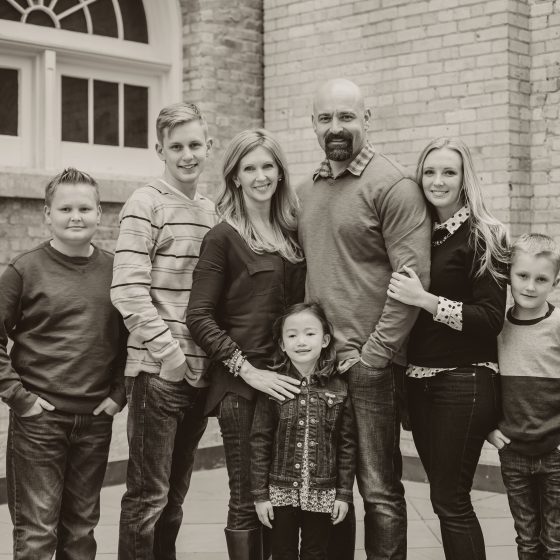Nolan Auerbach & White are experienced Medical Equipment Fraud Attorneys helping courageous whistleblowers.
Medical devices which are provided during surgery and/or an in-patient stay, include implantable prosthetics, pacemakers, heart valves, and some are used intra-operatively, such as medical lasers. A 2008 OIG Report to the Senate Special Committee on Aging analyzed the pervasive opportunities for kickback, fraud and abuse in the utilization of these devices, particularly when physicians have unreported equity positions in the device manufacturing companies.
The inpatient (acute care hospital) setting can be a daunting environment for the average patient. Traditional trust and paternalism roles are readily extended to the physician caregiver by patients, who are almost never in a position to judge the value and benefits of services and procedures physicians recommend.
Accordingly, patients typically accede to physician therapeutic interventions, with the implied understanding that the right service will be provided for the right condition at the right time. Given the vulnerability of the patient and the comprehensive trust extended to the physician, any interventions and services, including the use of costly medical devices in patient therapy, when driven primarily by favorable financial windfalls for the physician, are especially egregious violations of trust.
Physician involvement in proprietary medical device development and marketing ranges from consultative to outright equity ownership positions:
-
-
- A physician may simply be asked for input into the feasibility of a new device, given his expertise in an applicable sub-specialty, prior to the development of a full-fledged commercial enterprise. An example would be solicitation of a cardiologist’s opinion on a technical improvement in a pacemaker and its utility in the marketplace for specific types of heart patients. At this stage the commercial venture is speculative only, and the physician’s opinion is sought for medical feasibility only. The physician’s compensation for this activity is typically limited to hourly time reimbursement. This arrangement has value for advancing patient interests.
- A physician’s participation may be solicited for research and development trials of a specific device during an FDA Pre-Market Approval (PMA) process. This is a critical role mandated by the regulators and would typically reimburse the physician only for his time and input into the PMA process, including patient selection and oversight of clinical aspects of product trials. The physician is typically compensated only for his involvement in the trials on a contract basis only. The potential for physician bias based on inducements is limited by the FDA oversight process with patient protections. This phase of product development is relatively free of physician conflict of interest.
- Following PMA approvals in the commercial marketing phase for a medical device creates a tipping point for physician conflict of interest opportunities. At this point, a physician may be offered an equity position in the device undergoing marketing, with either active or passive investment participation by the physician (equity in exchange for labor in marketing activities or in exchange for direct financial investment). Going forward, physicians may pressure hospitals to purchase specific devices because of the physician’s financial interest, not because of his disinterested judgment on the clinical superiority of the device. By definition, this arrangement bypasses all competitive marketing pressures for the physician’s product, limiting the product’s value to the end-user, the patient. If the hospital accedes to selection of the physician’s preferred product, given his implicit or explicit threat to admit patients to other institutions, then an outright kickback arrangement has developed: the device is purchased by the hospital in exchange for the physician admitting his patients to the institution.
In large cities, multiple hospitals offering similar services are by definition passive, dependent on physician favoritism for their economic survival. These institutions typically compete for physician patronage because of market vulnerability. Though hospitals may engage in direct-to-consumer marketing, their principal promotional activities are courtship of physicians, with multiple levels of inducements to encourage physician fidelity. Not a single patient is electively admitted to a hospital without a physician’s active approval and participation. Physicians even determine the course of unscheduled admissions by educating their patients in advance which hospital to select in the event of an unscheduled emergency.
Accordingly, the leverage in a hospital-physician relationship in a large marketplace with multiple hospitals typically favors the physician. Should the doctor’s fidelity to an institution come at the cost of a quid pro quo (such as exclusively purchasing and stocking a doctor’s preferred medical device, influenced by his equity positions), then an illegal kickback arrangement is in place.
Motivated by the financial incentives of the business affiliation, a wayward physician may encourage the hospital to purchase the device to have in stock, or on hand, in the event of a potential treatment opportunity. In this case the hospital is creating the purchase, compelled by the physician in the background, directly with the manufacturer. The exchange of funds is from the hospital to the manufacturer for a potential future use. The hospital is not a party to the equity relationship between physician and manufacturer; neither has the physician directly participated in the purchasing business transaction. Anti-kickback and Stark violations are still potentially triggered, however.
These are not harmless violations. The hospital is forced to bypass standard business practices in competitive bidding arrangements to secure the best prices from manufacturers; it is forced into reliance upon representations by parties with conflict of interest that a given favored product is the most cost-effective and clinically appropriate; and it leaves itself open to accusations of fiduciary malfeasance.


